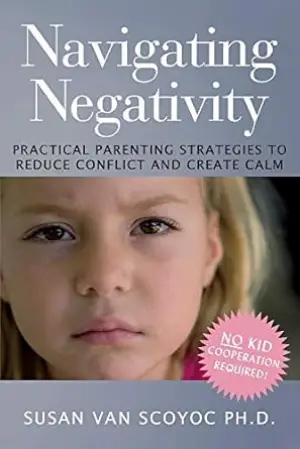Reflecting on Dear Justyce: A Heartfelt Journey into Injustice
When I first stumbled upon Dear Justyce, the sequel to Nic Stone’s impactful novel Dear Martin, I felt a surge of excitement mixed with a hint of anxiety. How would the story unfold for Quan, a character who played a supporting role in Justyce’s journey? I’d been captivated by Justyce’s struggles alongside contemporary issues like systemic injustice and societal inequality in the first book, and now there was a chance to dive deeper into these themes through Quan’s eyes. Stone’s ability to provide a voice to marginalized experiences instantly beckoned me closer, and I couldn’t resist the pull.
The Heart of Quan’s Story
In Dear Justyce, we find ourselves in the bleak confines of a prison cell alongside Quan, who is navigating the harsh realities of incarceration after being accused of killing a police officer. What struck me most about this narrative was the vivid contrast between Justyce’s privileged experiences at Yale and Quan’s harsh reality. Through Quan’s perspective, we witness the heartbreaking injustices faced by young Black men, and it’s nothing short of an emotional rollercoaster.
Stone deftly explores themes of isolation, marginalization, and the search for identity. One quote that particularly resonated with me is when Quan reflects, “I guess deep down I’ve been convinced that everybody I really gave a damn about…has forgotten about me” (Stone 75). This sentiment captures the depth of his loneliness and despair, painting a poignant picture of a young man desperate for connection yet feeling utterly abandoned.
Quan’s path isn’t a simple one. Though he tries to stay focused on his studies and resist the temptations of a life embroiled in crime, he finds himself influenced by his circumstances and the people around him. As he navigates these choices, it becomes clear that many young people don’t choose the life they lead; they are often shaped by their environments and the lack of support systems. This exploration hits hard, making readers rethink what we truly know about personal responsibility and societal influence.
Writing Style and Narrative Techniques
Nic Stone’s writing shimmers with authenticity and vulnerability. The pacing kept me engaged, blending moments of reflection and action seamlessly. The exchanges between Quan and Justyce through their letters illuminate their struggles and hopes, showcasing Stone’s ability to handle heavy topics with grace and honesty. The letters serve as a unifying thread, pulling together themes of friendship, justice, and the human need to be seen and heard.
One of my favorite exchanges is when Justyce strives to help clear Quan’s name, illuminating the coercive practices that led to his arrest. The emotion poured into these interactions is palpable and creates a valuable dialogue around systemic injustices.
Final Thoughts
Dear Justyce is more than just a sequel; it stands alone as a powerful story about resilience, friendship, and the quest for justice against bleak odds. I found this book to be grittier and even more heartfelt than its predecessor, making it a compelling read for anyone invested in contemporary social issues, young adult literature, or simply a good story that taps into the human experience.
I recommend this book to readers who appreciate deeply layered characters and stories that challenge societal norms. If you loved Dear Martin, you’ll find that Dear Justyce offers an even more poignant reflection on the trials of growing up amid injustice. It left me feeling both heartbroken and hopeful, a combination that reminds us of the power of literature to drive change and foster understanding.
[ad_2]
Discover more about Dear Justyce (Dear Martin, #2) on GoodReads >>






